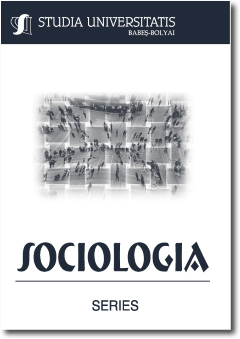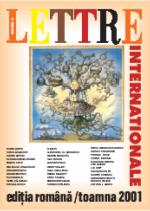
NEO-PROTESTANT CONFESSIONAL EDUCATION AND THE PROCESS OF COUNTER-SECULARIZATION IN POSTSOCIALIST ROMANIA
Romania is currently experiencing two apparently opposite phenomena: a secularization process, through the reconfiguration of traditional religious values and practices and a concomitant process of religious revival, through the institutionalization of various counter-secularizing strategies enacted by religious organizations. The contact with new religious ideas and their influence on individuals’ life choices after the fall of communism made religious organizations rethink their strategies and engage in more militant approaches. Neo-Protestant organizations have become important social agents on the contemporary public scene, and they intensively operate in order to diminish the effects of secularization. The institutionalization of Neo-Protestant confessional education has turned into a primary driving force in this respect. The present study analyses the differences in the configuration of religious, moral and social values among students socialized after 1989, comparing high-school students from a Neo-Protestant school with their peers from a public school. Confessional education constitutes an environment which incorporates formal education within a specific moral and religious education, according to the worldview of the faith community. The evaluation of the impact of the confessional education on students’ adherence to traditional Christian precepts and the internalization of norms aiming to guide their adult lives suggest that confessional education serves as a major pillar for Neo-Protestant counter-secularization in Romania.
More...
